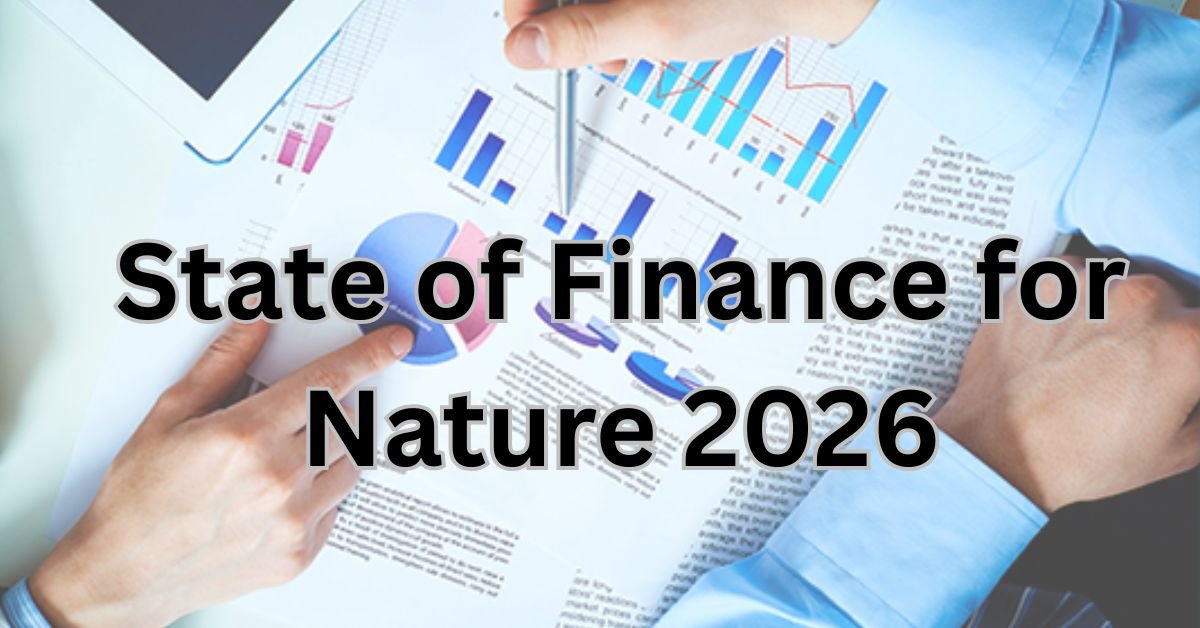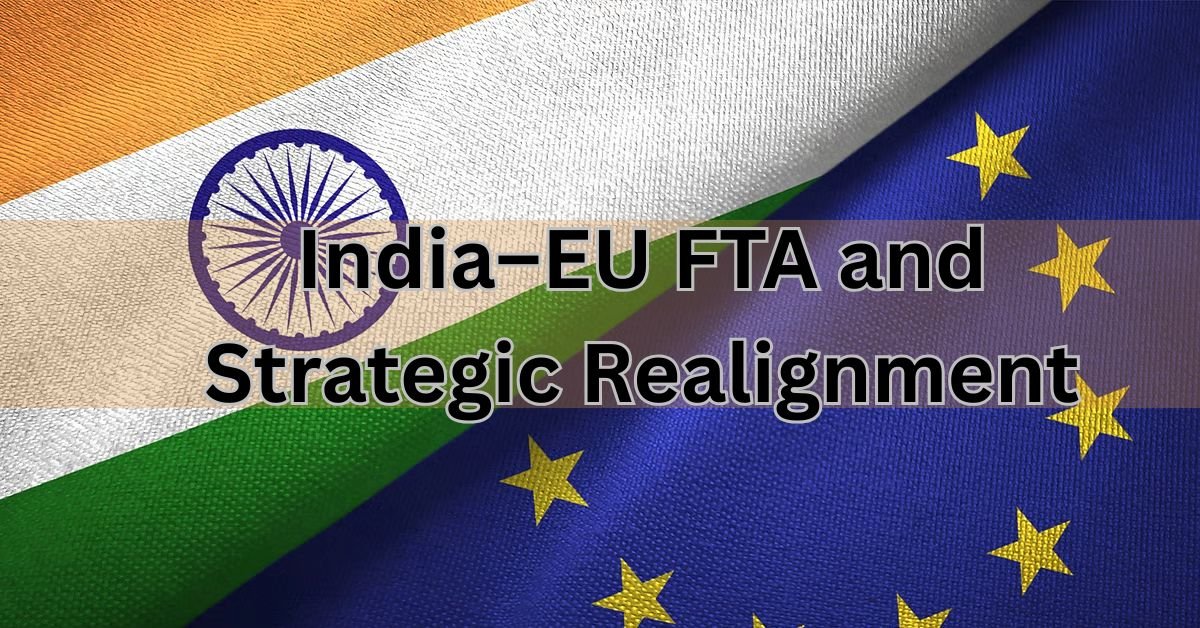Context:
The Joint Parliamentary Committee (JPC), headed by BJP MP P.P. Chaudhary, is reviewing the Constitution (One Hundred and Twenty-Ninth Amendment) Bill, 2024, aimed at enabling simultaneous elections to the Lok Sabha and State Assemblies. Former Chief Justice of India Sanjiv Khanna raised concerns regarding potential constitutional and federal implications of the legislation.
One Nation, One Election:
One Nation, One Election is a proposal under consideration by the Government of India to synchronise all elections in the country either on a single day or within a specific time frame, with an objective of cutting election cost.
Key Legal Concerns:
- Clause 5 of Article 82A: Grants the Election Commission (EC) “unfettered discretion” to postpone Assembly elections, which may be struck down under Article 14 (equality before law) for arbitrariness.
- Indirect President’s Rule Risk: The clause may extend powers beyond Article 356, enabling the Union Government to indirectly assume control of States.
- Limited Impact on Governance: Justice Khanna observed that the Bill fails to fully address policy paralysis, as premature dissolutions would still invoke the Model Code of Conduct, curbing governance efficiency.
Legislative Provisions in the Bill:
- Insertion of a new Article 82A.
- Amendments to Articles 83 and 172 relating to Lok Sabha and State Assembly terms.
Next Steps:
- The Joint Parliamentary Committee (JPC) will meet economists to assess financial implications of holding simultaneous elections.
- The Government’s position: The Bill will reduce election expenditure significantly and improve efficiency.


















